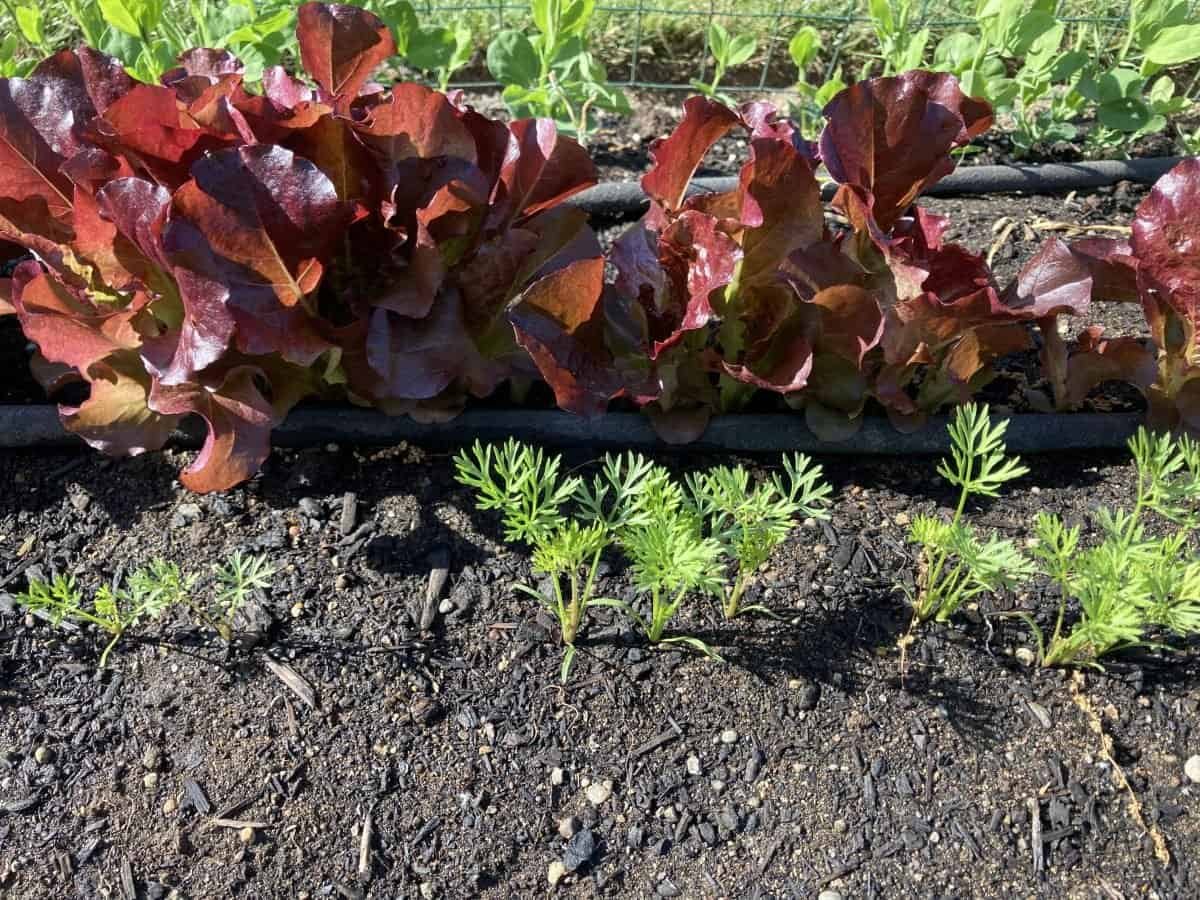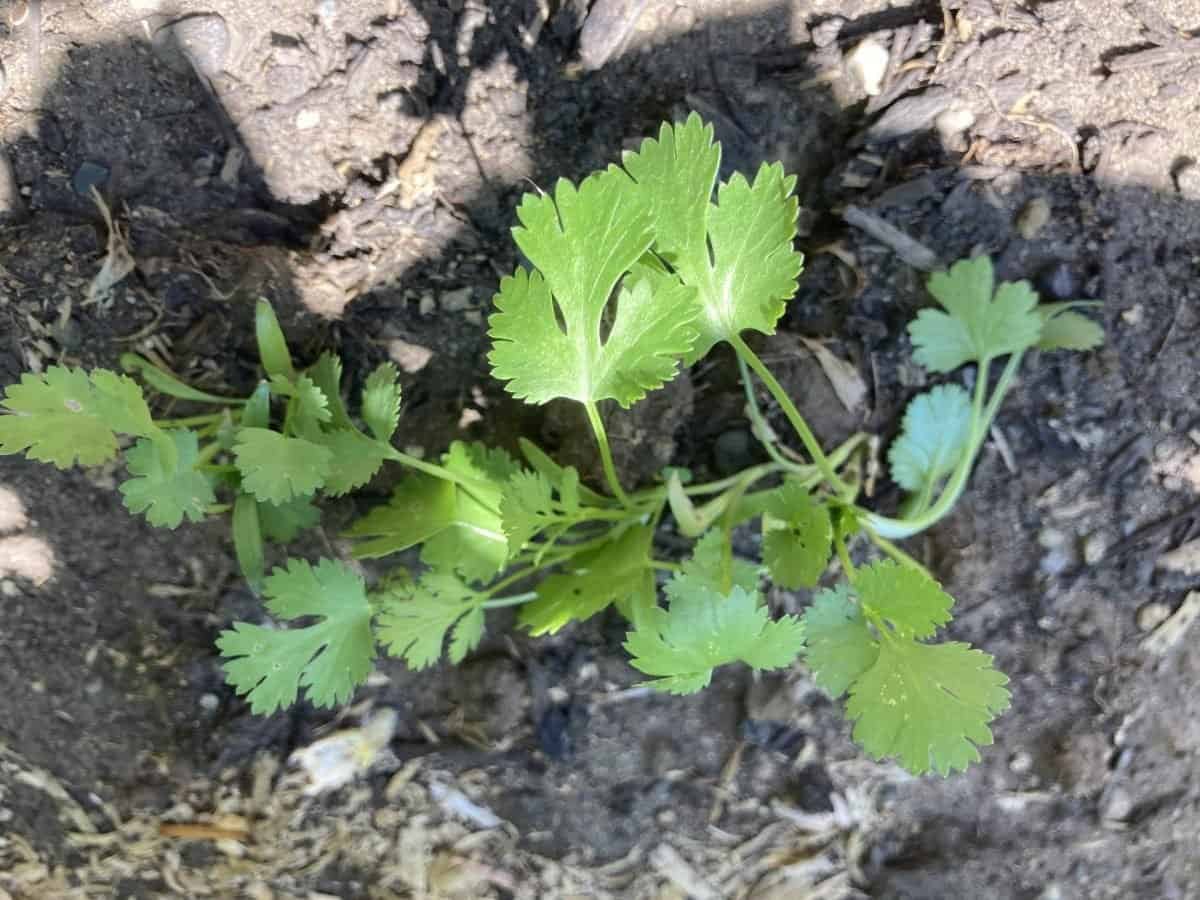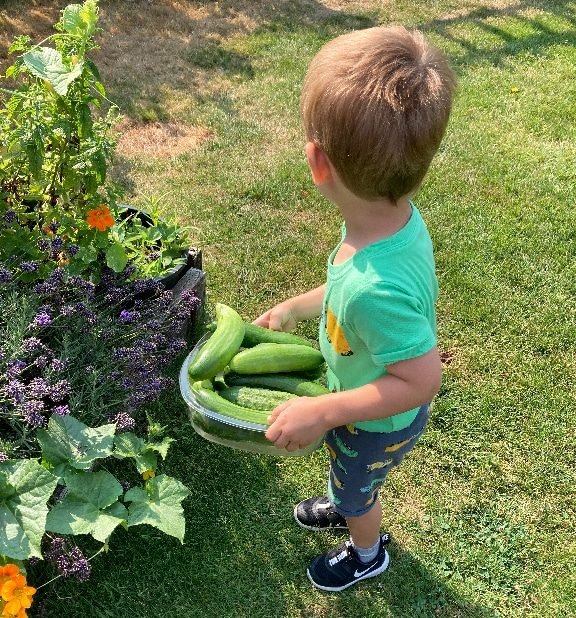
Pepper plants are perennials that can be saved from year to year to get an early start in growing them.
In this post on How to Overwinter Pepper Plants I will show you the ways to accomplish this (I have not done this previously so we will be learning this together)
Do not throw your pepper plants out at the end of the season, here are the steps to overwinter them to get a jumpstart in growing peppers. Not only will you be able to harvest peppers earlier in the season you will also have larger plants that will produce more peppers that you and your family will enjoy.
Peppers are slower growing when starting from seeds, by eliminating this step in the process you can have large plants ready to go in the garden as soon as the weather permits which will increase your production of peppers and allow you to harvest much earlier.

I will post updates as we go through the winter and into the spring on the progress of my pepper plants.
This year I will select the favorite peppers I grew to overwinter them for next year’s garden.
What you will need to Overwinter Pepper Plants
- Large pot 1/2-5 gallon containers are best
- Clippers
- Hand Trowel or Shovel
- Indoor potting soil. It is important to use indoor potting soil that has been treated to keep from getting bugs from hatching in the soil.
- Fertilizer (Neptune Harvest 1 ounce to 1 gallon of water) saturate the plant fertilizing one time
Steps to prepare the peppers

The first step will be the most difficult emotionally for you to do since it is contrary to what you’ve been doing to grow your plants.
Be sure to clean your clippers with alcohol to make sure you are not introducing any diseases to the plants that you will be pruning.
- Start by removing all the leaves on the pepper plants
- Remove all the branches other than the lower 2 to 4 branches, they may make a V towards the bottom of the plant.
- The lower branches that you keep should remain 4-6 inches above the main stem
- Use a hand trowel or shovel to dig around the plant stem about 4-6 inches out circling the plant
- Pull up the plant and clean off the root ball
Steps to re-pot the pepper plants

- Take a large planting pot 1/2-5 gallon size container
- Fill the bottom third of the pot with Indoor potting soil (use indoor planting mix to avoid nats and flys in the potting soil)
- Set the pepper plant in the pot making sure it is straight
- Pour potting mix around the plant
- Press the potting soil down to make sure it has good contact with the plant root ball
- Make sure the soil is brought back up to the same level as the pepper was when it was growing in your garden
- Water in your plant with the Neptune liquid fertilizer mix you added to 1 gallon of water making sure the soil is saturated
Final Steps on How to Overwinter Pepper Plants
Be sure you have labeled your pepper varieties on each plant to keep track of the different varieties you are overwintering.
Place your plants either in an area that receives a good amount of sunlight or under grow lights receiving at least 4 hours of light.
You should not need to fertilize your peppers again until they began to leaf out and the leaves turn yellow needing fertilization.
Water plants as needed but you do not want the plants to be too wet.
Your Pepper plants may leaf out during the winter, this is fine and they will not need to be pruned again.
The great thing about taking these steps to winterize your pepper plants is that you will start with a plant that has already grown giving the plant an early start. This will allow you to have more peppers and an earlier crop that you will enjoy.
The plants can be winterized year after year so you will not have to buy new plants or seeds each year unless you want a new variety.
Recap Overwintering Pepper Plants
In the Fall you can save your pepper plants when tossing all of your other plants out for the season.
Prune them up before digging them up.
Dig the plants up
Plant them in pots using an indoor potting mix
Fertilize
Place in a sunlit window or outdoors if not too cold
Water as needed
Plant in the spring when conditions are right
This first year of trying to overwinter my peppers was not successful since we had a very cold winter. Even though this did not work for me in my first attempt I will try again and will update you on the results.




